15 Comments
Clark Burt
10/25/2022 11:34:53 am
I have read this several times now and learn something more each time. I like the way you use Laban as a type. It is a literary device used by Jews to prophesy. Isaiah used it brilliantly as do Book of Mormon writers. I must say that I didn't see Laban as a type of Babylon until I read this. I love how you also used Laban's sword as a type for the sword of truth--the word of God. Using the word to obtain the word. We will be found on one side or the other of His words. His word will separate the righteous from the wicked--irrevocably.
Reply
Tim Merrill
10/25/2022 12:14:19 pm
This are helpful thoughts Clark. I realize now that I sort of eclipsed the main point of the whole post, which was the central "seed" that started my thoughts in this direction, which was this:
Reply
Tim Merrill
10/25/2022 01:24:46 pm
I added this to the post:
Reply
Tim Merrill
10/25/2022 01:42:11 pm
Sorry, but Clark's comment stirred up many new thoughts, including this one that I have included in the post:
Reply
Clark Burt
10/25/2022 03:11:39 pm
Loved these changes, especially this:
Laura
10/25/2022 10:07:50 pm
Wow! One of the best commentaries on this story I have ever heard! Unfortunate that others don’t know how to take tough scriptural questions to the Lord to get direct revelation and instead come to the conclusion that there will never be satisfactory answers. Also unfortunate that even though Nephi is not the only one that was asked by the Lord to act outside the bounds of commandments (Abraham and Isaac), mortals will formulate rules that put God and his revelations in a box that apparently scriptural examples of the opposite, can’t negate. Doesn’t make sense to me, but who am I to argue. There was so much more that was false about that talk, I hope you will do more posts on it.
Reply
Tim Merrill
10/26/2022 08:35:48 am
Hi Laura: yes, there was something about E. Renlund's talk that put a crink in my spiritual neck. When I met with the bishop for Tithing Declaration he quoted the talk to me in the spirit of "correction." In Sacrament Meeting on Sunday the speakers were assigned this talk. I have found that messages of this nature, which are proscriptive and dogmatic, carry an energy of judgment which is like a magnet for those who crave certainty. But the fallout, of course, is that such talks grieve the Spirit because they carry a big stick, but ignore the Cross. Thanks for commenting! Tim
Reply
Laura
10/26/2022 08:54:33 am
Yes! But it goes even further because it is so anti-scriptural. Imagine how many scripture heroes have now been illegitimized because the broke the unnegatable rule of “flying outside of their lane”...Joseph Smith, Abinadi, Samuel the Lamanite, John the Baptist, and Jesus Christ just to name a few. Such talks solidify a false belief that has become a huge stumbling block to so many. Im really sorry you had to listen to it be regurgitated like vomit.
Tim Merrill
10/26/2022 09:09:53 am
Yes, I see your point. Imagine E. Renlund delivering his talk as Samuel the Lamanite stood on the wall prophesying "out of his lane." "Don't listen to him! He doesn't have PURVIEW!"
Reply
Clark Burt
10/26/2022 09:36:56 am
Samuel the Lamanite tells us why we should never 'stay in our lane.'
Tim Merrill
10/26/2022 10:40:51 am
Clark, I just read your linked post on Samuel the Lamanite and learned so much from it. One synchronicity that made me smile was that you spoke of Samuel's use of the image of "the sword of justice" and here in this Post we were looking at the sword of Laban.
Laura
10/26/2022 11:13:38 pm
I would like to assume E. Renlund was sincere. But then the only other conclusion is that he is woefully unaware of what the scriptures actually say. Seriously. Who gives a scriptural example that defies the doctrine your trying to establish? And just leaves it at, “there are no satisfactory explanations”. And Im not not trying to be critical of the man. I am the least qualified to cast stones at anyone. But I have to vent somewhere, so here we go. The false doctrine was repulsive enough, but I was even more disturbed by the part of the talk where he shares the story of the man calling him saying he believed he was told their were ancient records buried that he was supposed to retrieve. Ok. So this man believed he received a revelation. He was unsure about what to do about it. He calls E. Rendlund for advice. He asked him to pray for him. Elder Redlund refuses to pray for him. The man gets frustrated and hangs up. The man then gets mocked by E. Rendlund (whom I assume is some kind of acquaintance because he was able to get past secretaries/securities to get him on the phone). Mocks him. On Live, International TV. In front of millions. Assuming he is LDS, EVERY friend, relative, associate etc. he has, witnessed him being ridiculed by a man who could have shown him compassion instead. Who could of prayed and asked the Lord how to help a man that seemed to be struggling mentally. Why not pray snd ask the Lord how to help? Why not pray and ask if a cast out is appropriate? Could an apostle of the Lord have used his power to heal such a man? We will never know what the Lord could have done to help that man through E Rendlund because he wouldn’t even PRAY for a man that was asking for prayer! What if this man had been your son? How would you hope church leaders would treat him? How do you think this man feels about the LDS church now? Think he’ll ever come back?
Laura
10/26/2022 11:35:40 pm
I know I should stop. But I can’t help myself. The irony is to great. In this talk E Rendlund used the man mentioned above and Hiram Page as an example of receiving false revelations. But what is one of the most important lessons the Lord teaches us in Hiram’s story?
Reply
Tim Merrill
10/27/2022 10:51:39 am
Laura, you've summed it all up beautifully -- the inconsistency, the illogical arguments, the self-serving narrative, and worst of all, the fact that E. Renlund's is encouraging people NOT to pray (when God has spoken on an issue, or about Heavenly Mother), which is strangely reminiscent of Nephi's words:
Reply
Laura
11/11/2022 10:47:52 pm
Uggh! My stewardship covers the lessons in RS. I always ask the teachers to pray & teach whatever the spirit directs. (I dont assign conference talks), but this week, this talk from E. Renlund was chosen by the teacher! I may have to ditch class and study alone in the lobby but I am so sad my sisters are going to be taught this junk all over again! 🤮 Leave a Reply. |
AuthorTim Merrill Archives
July 2024
|
|
|
© COPYRIGHT 2019 - 2024
|

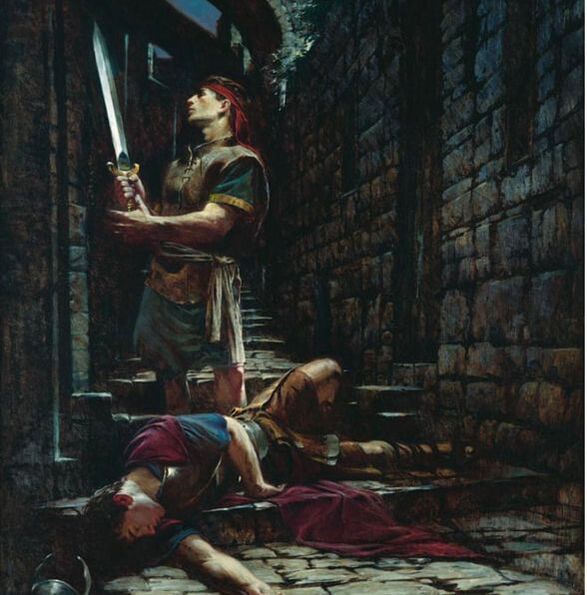

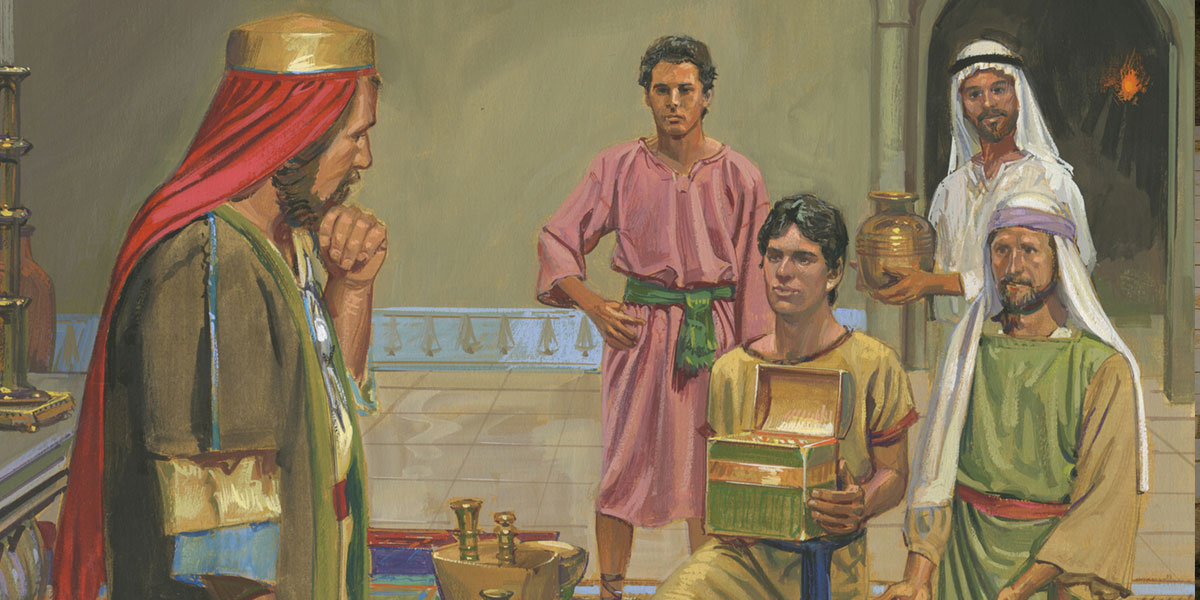
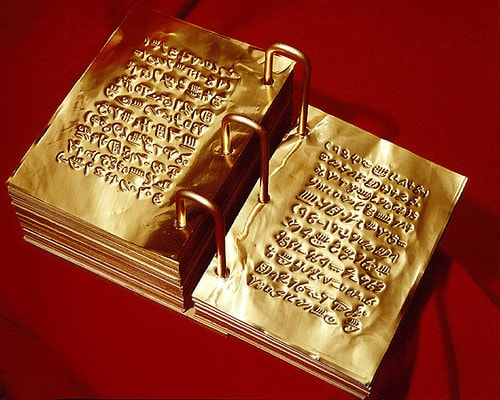
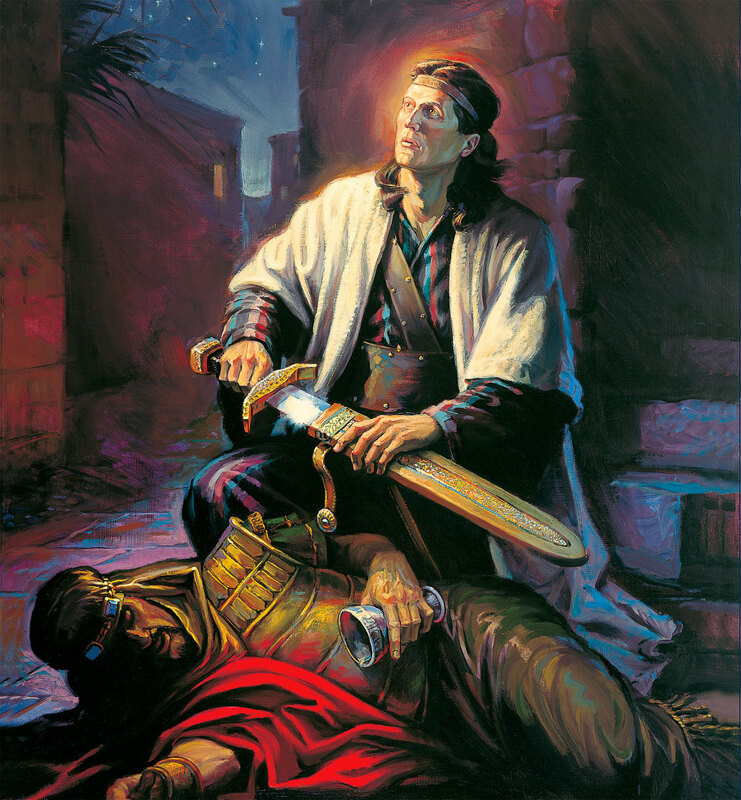
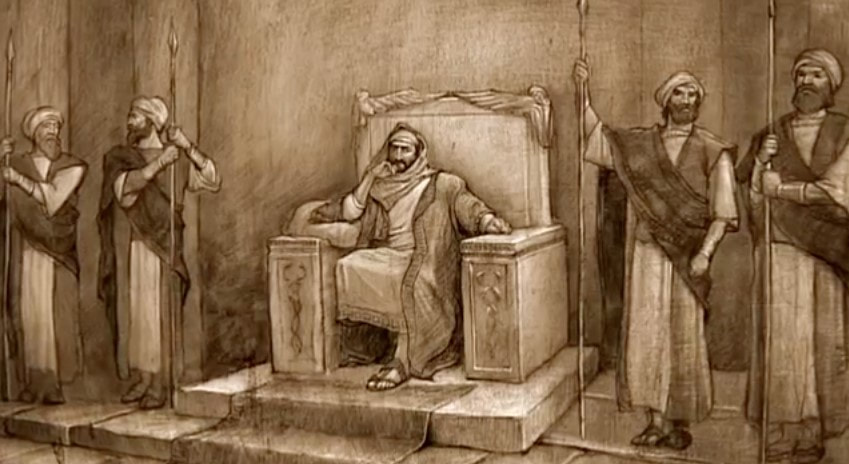
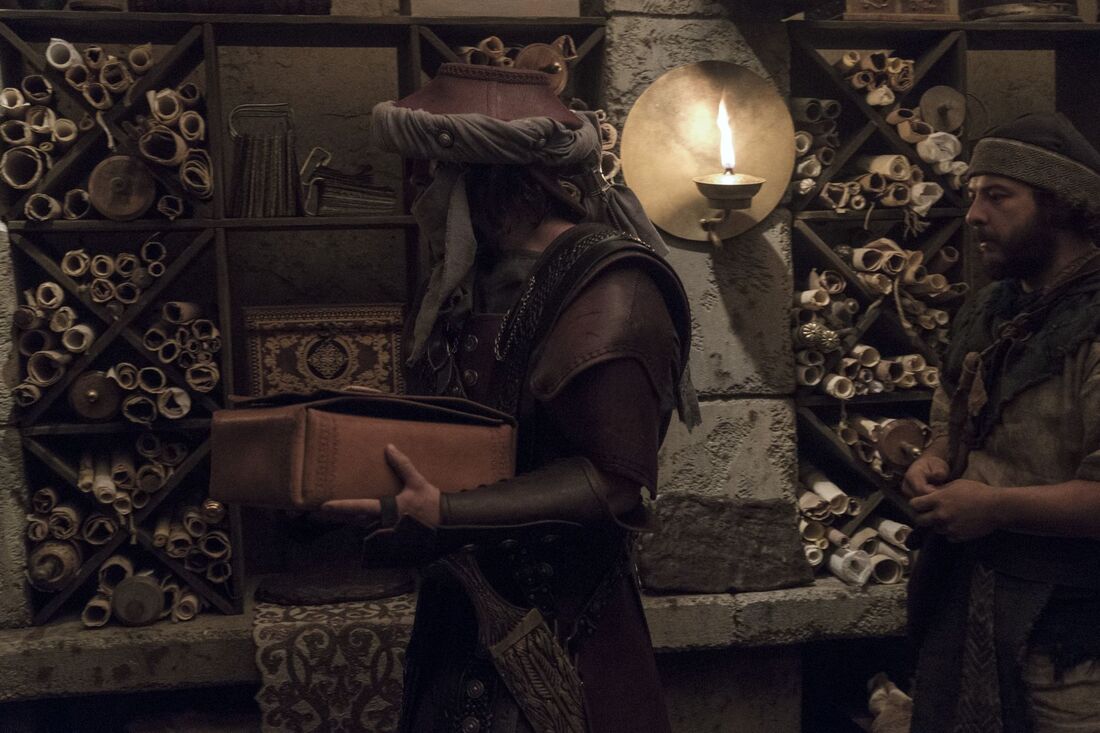
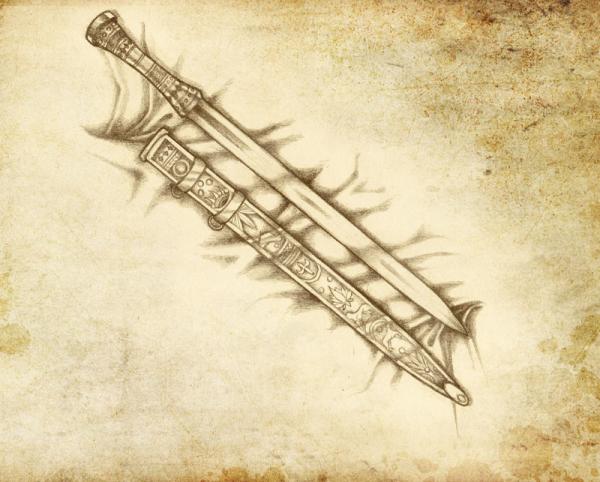
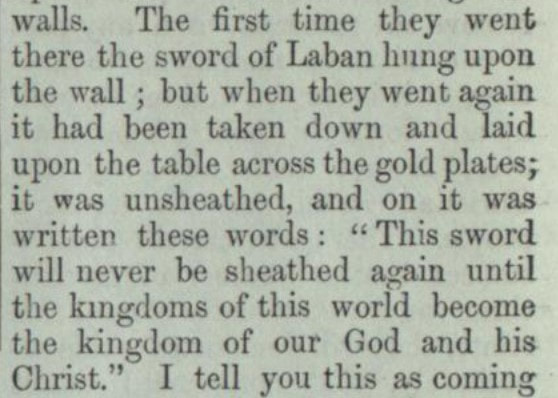
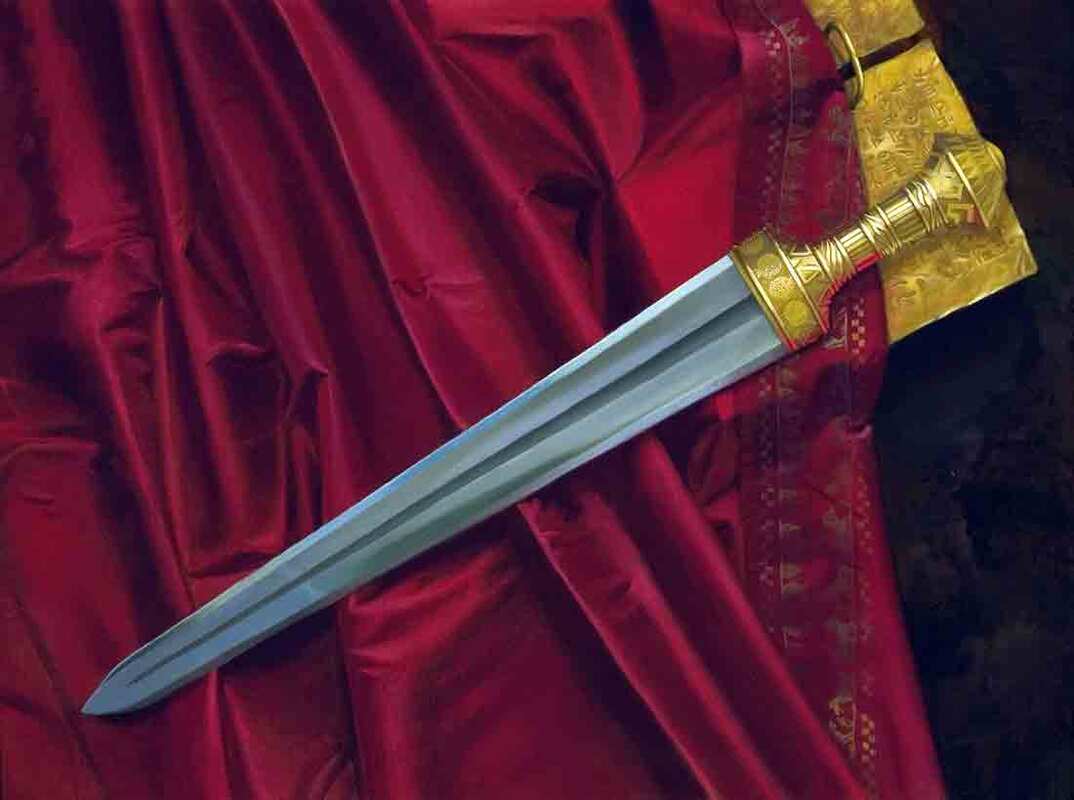
 RSS Feed
RSS Feed